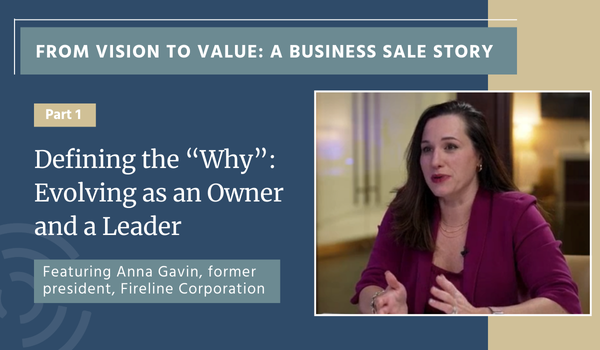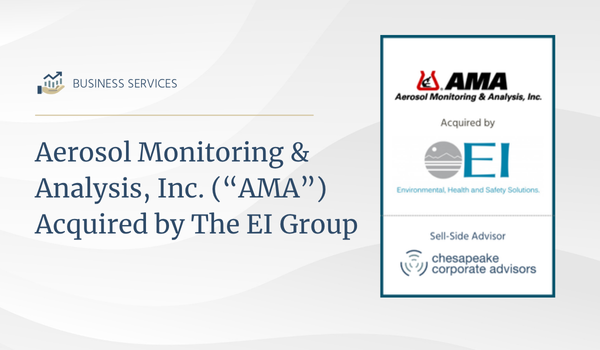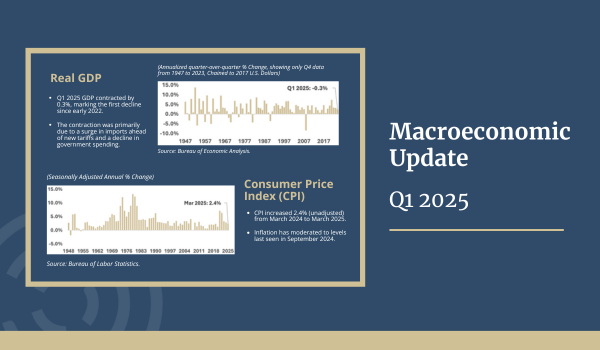Private equity groups (PEGs) are active buyers in M&A transactions, accounting for $1.3 trillion in deals in 2023. US PEGs still have approximately $1.1 trillion in dry powder, which is a massive amount of cash to deploy and invest in businesses.
Most PEGs prefer the seller to reinvest a minority stake in the new deal. The sale proceeds that the seller contributes to the transaction, which is commonly referred to as rollover equity, provides an opportunity at a “second bite of the apple” when the PEG later sells the company in a 3–5-year time horizon. This concept is best demonstrated by example.
Assume a PEG approaches a seller and offers to buy the company for $75 million. In a typical rollover deal structure, the seller would invest 15% – 20% of the deal proceeds in the equity rollover. In this example, assume $15 million is re-invested into the business and the seller keeps the remaining $60 million.
Now assume the business grows to $150 million in enterprise value in four years and the PEG is ready to exit. The original owner’s minority stake is now worth $30 million (the current value of $150 million multiplied by their 20% investment, assuming all third-party debt has been paid off). That means the seller has earned an additional $15 million by reinvesting in the business for another four years. This additional amount of proceeds is known as the “second bite of the apple.”
Why Reinvesting Can Provide a Great Return to the Seller
As a seller in an M&A transaction, an owner can de-risk his/her investment by partnering with a PEG to provide liquidity, allowing him/her to “take some chips off the table” while keeping a minority stake in the business. This approach provides access to an alternative investment class (i.e., private equity), which has demonstrated historically higher investment returns. With this rollover investment, a business owner can capture additional upside when the next sale of the business occurs (the “second bite of the apple”). An added benefit to the business owner is the rollover equity is tax deferred (as it is not taxable at the time of the initial liquidity event) and no personal guarantee is required for any debt utilized by the PEG.
Benefits of the Rollover Equity for Private Equity Groups
PEGs often prefer that the seller maintain some “skin in the game” through the rollover investment of a portion of their equity. PEGs find that rollover equity provides an alignment of interests, since the minority investment is made alongside the buyer and both parties aim to work in tandem to grow the business.
PEGs prefer sellers to roll over some equity for additional reasons:
- It provides reassurance that there are ample avenues for growth and that the seller endorses the growth opportunities.
- The PEG benefits from the extensive knowledge of a seller who stays with the business, along with their relationships with customers, vendors, and employees.
- In exchange for a minority investment, the seller often takes a leadership role to influence and drive the business.
- The seller’s equity investment enables the PEG to reduce their own investment, freeing up cash for additional acquisitions.
Considerations of Rollover Equity
After close, the PEG will be the majority owner and, typically, will have control of the business. As a minority investor, the seller may have control over the day-to-day operations of the company but typically will not have the final say on larger decisions (e.g., further borrowings, distributions). The new governance might not be in sync with the seller’s historical approach. Determining a good fit with the buyer is important to mitigate this risk.
Sellers should also ask what class of stock the minority investment will comprise. It is important to receive the highest class of stock—the same class as the PEG’s stock, if possible—so that the stock treatment is the same.
It is common for private equity groups to require rollover equity in an M&A transaction, which provides many advantages for the buyer while offering sellers the potential for a “second bite of the apple.” Hiring an investment bank that is experienced in working with PEGs is crucial to achieving your desired outcome. With the prevalence of Private Equity buyers in the market today, odds are that any owner selling will interact with a PEG and should be prepared to evaluate a potential rollover equity component in a transaction.
About Chesapeake Corporate Advisors
Chesapeake Corporate Advisors is a boutique investment banking and corporate advisory firm providing strategic advisory services (value creation) and investment banking services (value realization) to companies with revenues between $10 million and $200 million.





